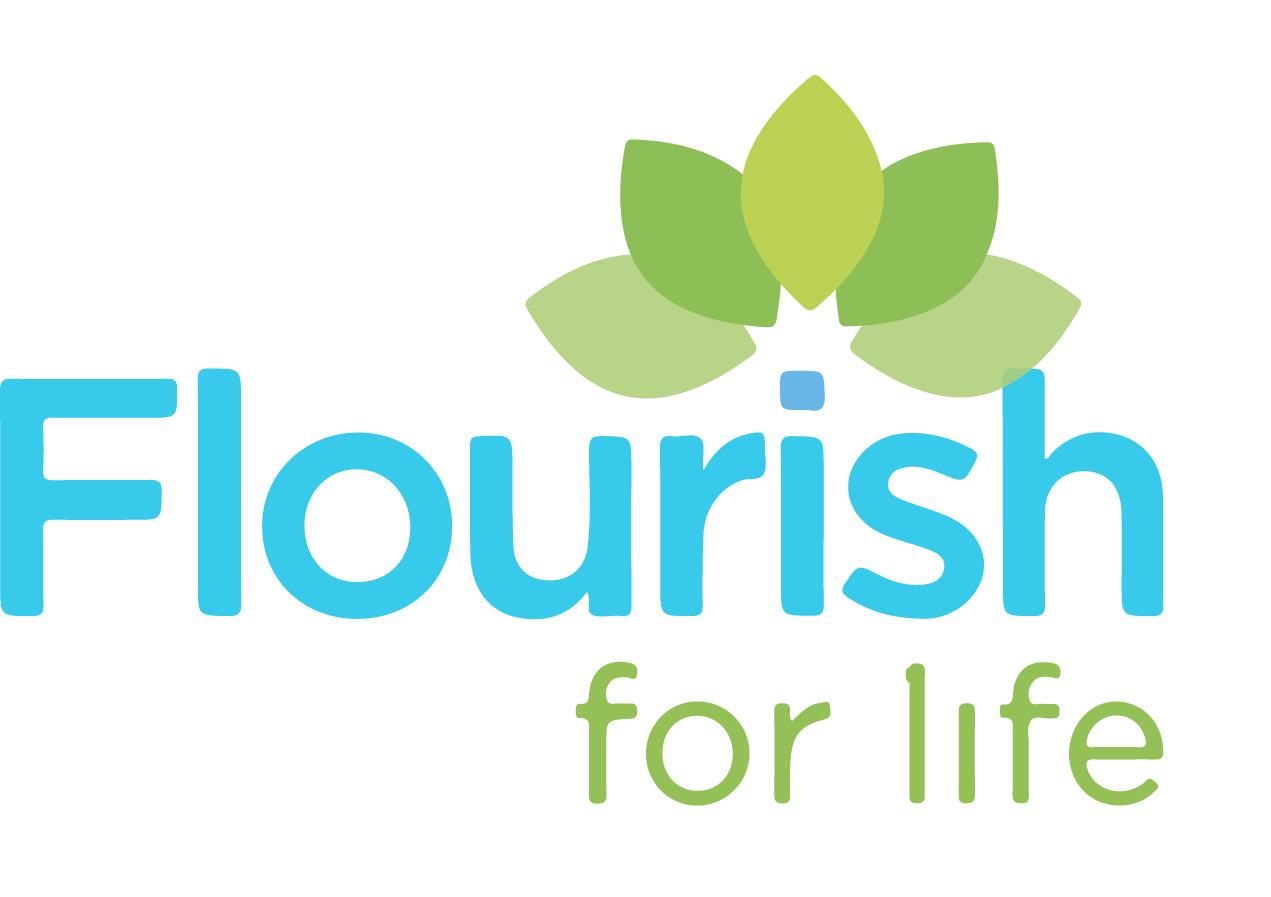Gut Health & The Menopause
Are you experiencing bloating, acid reflux, abdominal pain, new food intolerances during your menopause transition?
For the majority of women, gut symptoms are recognised amongst the vast array of symptoms that some of us will experience during our perimenopause and menopause. These may be mild, transient, or significantly impact your day to day activities.
As a GP, I have seen many women with normal investigations who are frustrated that they are no longer able to eat foods they previously could without experiencing gut symptoms including nausea, abdominal discomfort, constipation or diarrhoea alongside challenges for some, in managing their weight.
Being told “all is normal” if you are still experiencing symptoms makes it very hard to know where to turn to find solutions.
It is important to say; if you experience a persistent change in your bowel habit, weight loss or you see blood in your poo, please see your GP. You may need further investigations.
So why may this be happening ?
To understand the ”why” we need to dive into the fascinating science of the gut microbiome. We have trillions of bacteria, and other organisms living in our gut.
Over the last few years, we are starting to discover the importance of these bacteria and their impact on our overall health and well-being. These organisms help maintain good gut health, regulate bowel movements, help manage our blood sugar, affect our mood and help us metabolise important hormones including oestrogen amongst many other roles.
Declining oestrogen levels is associated with increased inflammation and a change in our gut microbiome. We now understand that this contributes to our risk of developing long term conditions such as type 2 diabetes, cardiovascular disease and dementia. It is also recognised that this increases in inflammation can impact mood, energy, immune response amongst other actions.
Menopause is a natural transition, so although inevitable, we want to thrive during this time and not be impacted by troublesome symptoms. Although there is need for further research in this field, it is very likely that many of the psychological and physical symptoms that are experienced during menopause transition are influenced by changes in our gut microbiome.
So, what can we do to help our gut ?
We are all individuals. We are all different, just like our gut microbiome.
You can change and improve your gut microbiome to improve many of your symptoms.
Your microbiome is impacted by what you eat and how you live your life. Processed foods and diets high in sugar create environments that fuel the organisms that produce inflammatory by products whereas fibre found in fruits, vegetables and legumes (beans/lentils) help create an environment where organisms that benefit our health can flourish leading to an anti-inflammatory effect. HRT can also improve symptoms if you are able or wish to take it.
I use the pillars of lifestyle medicine to help my patients create a personalised approach to improve their menopausal symptoms and achieve lifestyle goals.
Top tips;
Make a diary of your symptoms. This will allow you to recognise any triggers or associations.
Self-awareness is key; you know your body the best.
Aim to increase diversity of fibre within your diet. E.g. substitute your normal red pepper for yellow or green? If you are making your normal evening meal, throw in a can of black beans or chickpeas?
Increasing fibre in your diet can temporarily increase abdominal discomfort. If this does occur, don’t give up, allow it to settle and build up more gradually over weeks and months. Wash your canned beans, this can help reduce unwanted symptoms of wind.
Chew your food well.
Consider adding in fermented foods e.g. kombucha, kimchi, tempeh. These can add new flavour to dishes and your gut bugs love them.
Try to reduce caffeine, alcohol and stop smoking. Many women find these worsen symptoms during menopause.
Reduce ultra-processed food and refined sugar.
Improve your sleep. Reducing screen use immediately before bed does help and using natural light on waking are two of the many sleep tips.
Reduce stress. Meditation, cognitive behavioural therapy (CBT), breathing techniques and yoga, will all help calm gut symptoms.
Increase physical activity. Many symptoms improve with regular physical activity.
If you are still experiencing difficulties, consider support from a registered Dietician or trusted Nutrition expert.
Menopause can be a challenging time so be kind to yourself, make small changes and try to keep them sustained before building on them.
No one change is likely to be a magic bullet but a few changes can add up to make all the difference. What will yours be?
Useful resources;
Eat yourself healthy – Dr Megan Rossi (The Gut Health Doctor)
https://joinzoe.com/learn/podcast-menopause
References;
Menopause is associated with postprandial metabolism, metabolic health and lifestyle; The ZOE PREDICT study. Bermingham KM, Linenberg I, Hall W, Kade K, Franks P, Davies R et al
Open AccessPublished:October 18, 2022DOI: https://doi.org/10.1016/j.ebiom.2022.10430

